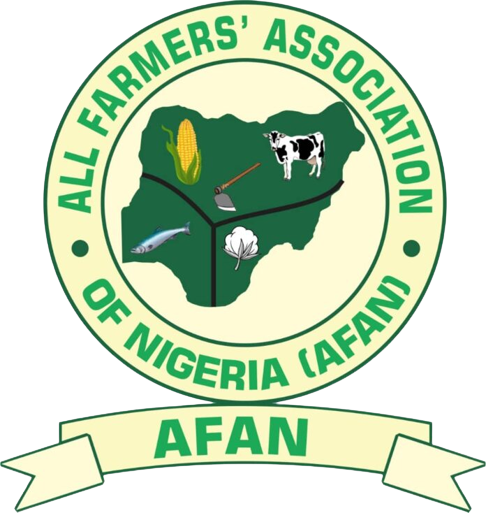
Many farmers, particularly those in remote villages, switched to trade by barter in order to feed, following the cash crunch caused by the naira redesign policy of the Central Bank of Nigeria, the All Farmers Association of Nigeria stated on Tuesday.
AFAN also stated that the latest findings by the association indicated that farmers lost about N30bn due to the naira crisis, adding that all arms of the agricultural sector were hit by the “painful CBN policy.”
The President, All Farmers Association of Nigeria, Kabir Ibrahim, told our correspondent that though the poultry sector was among the worst hit, other producers of agro-commodities also suffered severe losses.
“The policy caused so many hiccups, a lot of poultry farmers have over 10,000 crates of eggs that are unsold due to the cash crunch. However, we hope that the recent decision of CBN to release cash to banks would ameliorate the concerns.
“The losses were not only incurred by egg producers. The producers of vegetables, grains and almost all facets of the sector were affected. Some farmers could only feed through trade by barter. That is how bad the situation is in some remote areas.
“Vegetable farmers who want grains, exchange their vegetables for the grains. Also, farmers of grains exchange their products for some other crops, all in a bid to survive the hardship that was caused by the lack of cash for several months,” Ibrahim stated.
He urged the CBN to increase the release of cash, so that it could spread to villages and other remote areas across the country where farmers were practicing trade by barter.
“So we went back to the primitive age. But now is like we are beginning to have some respite, particularly in cities, and we hope it will spread to the interior villages. However, it was certainly a very painful decision that was taken by the government,” he stated.
On the estimated loss which farmers incurred as a result of the cash crunch, the AFAN president explained that based on reports from various associations and members of the body, farmers across the country lost over N30bn due to the naira crisis.
“We’ve recorded loss of business, revenue, products, commodities, etc. I was the president of poultry farmers for five years and I know and work with the various associations and members. From findings gathered by members and groups, it was discovered that farmers in Nigeria lost about N30bn.
“Poultry farmers are complaining because they can’t see maize to buy. This is because most farmers selling the maize are not accepting payments through bank transfers, and this is causing problem. Some people lost their birds because of hunger, and other birds did not perform optimally due to lack of food to eat.
“So in monetary terms, farmers across the country lost about N30bn, based on our findings and scientific measures adopted to determine this. And you’ll agree with me that this is a humongous loss being suffered by peasant farmers,” Ibrahim stated.
The PUNCH exclusively reported on Thursday that the scarcity of the naira had crashed many poultry businesses, as the industry might collapse before the incoming administration takes over on May 29, if nothing was done to salvage the situation, according to operators in the sector.
The report stated that over 80 per cent of eggs that were laid since the first week of February this year by about 76 million commercial layers (birds), were not sold due to the inability of consumers to make purchases with cash.
The Director-General, Poultry Association of Nigeria, Dr Onallo Akpa, who spoke on behalf of poultry farmers, had explained that most consumers of eggs and other poultry products often carried out cash transactions.
“And if you don’t get money, how will you buy all the things required to keep the birds. Also, you know that egg is perishable. You can’t keep eggs for a maximum of 14 days, and unfortunately this is a hot period. So if you are unable to sell the eggs in one week, they’ll go bad,”





